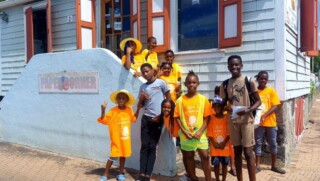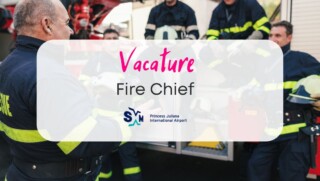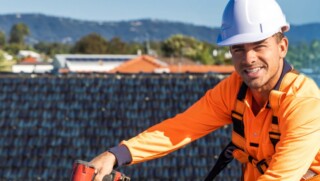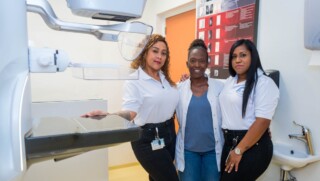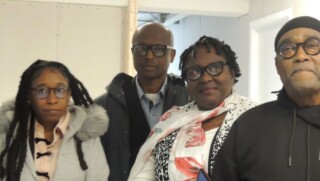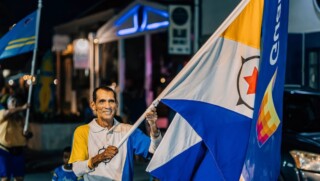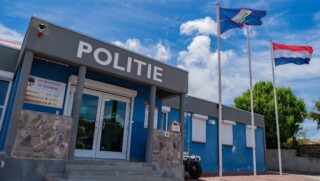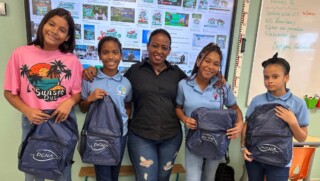WWF-NL gives a presentation at the International Marine Debris Conference
KRALENDIJK – Recently, the 7th International Marine Debris Conference (7IMDC) was held in Busan, South Korea. Carolyn Caporusso, advisor of the World Wide Fund for Nature the Netherlands (WWF-NL) for the Dutch Caribbean program and coordinator of Clean Coast Bonaire, attended the conference to give her presentation, titled Creating a Network for Harmonized Marine Litter Monitoring in the Wider Caribbean Region.
Marine litter is a serious environmental, social, and economic threat on all continents, including the Caribbean region. Plastic pollution is a threat to the blue economy of the Wider Caribbean Region. That is why WWF-NL, representing the Dutch Caribbean, also participated in this conference. The presentation of Ms. Caporusso was conducted as part of the Caribbean Region’s technical session during the conference. She provided an overview of the Action Plan for harmonized marine litter monitoring that she prepared for the United Nations Caribbean Environment Programme. The Action Plan recommends the adoption of a monitoring approach based on the Clean Coast Bonaire program that was implemented in 2018 by WWF-NL.
This approach utilizes engagement with citizens for monitoring marine litter while ensuring good-quality data collection on certain pre-selected sites. She defined a strategy and created a roadmap for a cost-effective and easily replicable way to collect high-quality, harmonized marine litter data that can be used to guide and verify the effectiveness of pollution reduction policies. This information can also be used to raise awareness while ensuring that the data collected regionally in the Wider Caribbean is aligned with global marine litter data consolidation and analysis. This will improve the knowledge base needed for the development of marine waste policies and measures in the Wider Caribbean Region.
Because marine litter crosses national boundaries, reduction measures are needed on a local, national, regional, and global level. Therefore, one of the topics discussed during the conference was the regional development and implementation of structured and coordinated methods of marine litter monitoring while fostering international collaboration.
The conference was also an opportunity for parties to share perspectives on how to support a new global plastics treaty that is in the process of negotiation by United Nations member states. This process should lead to a legally binding global instrument with specific requirements and obligations to prevent and combat plastic pollution and its toxic impacts.
The conference brought together over 900 participants from 89 countries, representing international governments and stakeholders in businesses, educational institutions, and non-governmental organizations. Leading by example, the conference was run as a zero-waste event, based on the principle of reducing the volume and toxicity of waste and materials while conserving and recovering all resources. The conference served as a global platform to share and discuss how to best apply scientific knowledge to better understand marine litter sources. This enables better international collaboration to reach effective solutions and build consensus to develop public policies to manage and reduce marine pollution.


